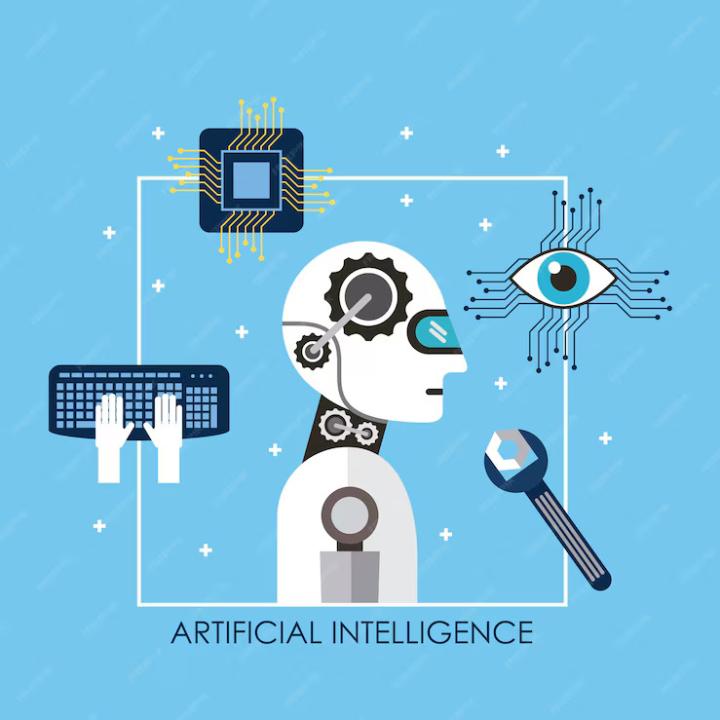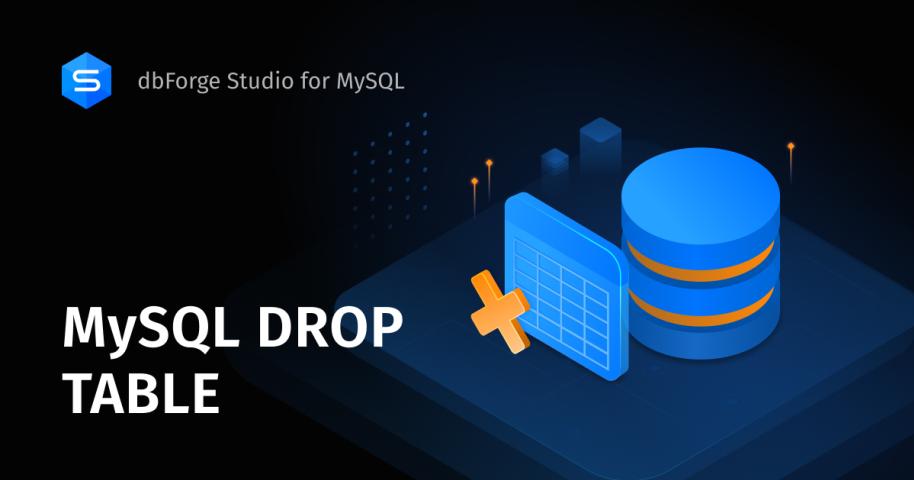Also, the artificial Intelligence market is set to increase exponentially to an incredible US$826.70 billion by 2030. This is not just a trend; it's a revolution that has arrived and is here to remain. The features of AI agents are so advanced that they not only complete tasks quickly but are accurate. So, what are those features that put these AI agents at the top of the tech space? Let's know that!
What Is Exactly AI Agents?
An AI agent is a software program that interacts with its environment, perceives data, and takes actions to achieve goals. These agents can be as simple as rule-based systems or more sophisticated models that make decisions based on pre-programmed rules or learned models.
When they act autonomously and use experience to improve their performance, they are called autonomous artificial intelligence agents. They are revolutionizing the efficiency of many industries, ranging from healthcare to finance.
Features of AI Agents
While AI tools or agents are software programs designed to automate tasks, below are some key features of AI agents that make them a more advanced kind of AI software. So you can assume an AI tool as an AI agent if it meets the below features:
Perception
AI agents use sensors to perceive information, and based on that data, they make wise decisions. Therefore, perception is obviously needed to react to any changes from the outside.
Autonomy
AI agents are developed to perform tasks with minimal human involvement. This allows AI agents to perform tasks continuously and suitably. So, you can ask your AI development company to include this feature, as it leads to faster and more consistent decision-making.
Reactivity
AI agents are designed to stay in sync with the changes happening in their environment. This enables them to respond to real-time events, supporting work continuity. Thus, reactivity makes them flexible and adaptive to dynamic conditions.
Learning
AI agents learn from past experiences. The Agent's learning process may be inductive, deductive or by analogy. Thus, the learned Agent uses knowledge to perform the given task or application more efficiently than before. Then, gradually, with time, that learned knowledge will increase and make decisions accurately in different situations.
Reasoning and Decision-Making
AI agents use logical rules to arrive at conclusions and make appropriate decisions. This is reasoning, which helps them to select the most appropriate decision for accomplishing their objective in the best possible manner.
Sensors
One of the most usable features of AI agents is Sensors. They collect data from the environment or determine the relative state of the system. The data that Sensors collect is then converted into signals that correspond with what they detect.
Cognitive Architecture
Cognitive architecture is a set of predefined constraints and structures that deal with perceptional and decisional tasks. It basically provides the AI agent with human-like thinking facilities, which play a critical role in increasing the agent's intelligence.
Actuator
An Actuator is the component of an AI agent that is responsible for carrying out physical actions according to the decisions made by AI agents. These actions could take any form, such as moving or manipulating objects, or they could be as simple as communicating with users. In other words, they involve the physical interaction of agents with the environment using actuators.
Advantages of Using High-performing AI Agents
AI agents can help businesses reduce manual efforts, enhance productivity, achieve increased outputs and improve efficiency. They are automating industries in multiple ways, and that is why many businesses now get AI agent development services. It indeed helps them a step ahead of their competitors.
Improved Efficiency
AI agents automate repetitive tasks and processes, which means less manual work and faster outputs. As a result, businesses can deliver services quickly and this way their productivity increases. For example, AI agents can address customer queries instantly, allowing human employees to devote their time to more complex concerns.
Increased Customer Satisfaction
AI agents, being robots, don't have the kinds of distractions that we humans face each day. They are data-driven and, therefore, able to provide us with the best results and the right solutions. Most importantly, AI agents' choices are unclouded by personal bias or external influences.
Better Decision-making
AI agents are capable of data analysis using huge volumes of data. This method is data-driven, so you can make a decision based on the best trend and update it in advance. So, it is really advantageous for businesses to sustain their growth.
Cost saving
Introducing AI agents is similar to having fewer human resource requirements in certain areas, which means overall cost savings. Also, features of AI agents make fewer errors and hence lower the expenses needed for fixing any errors later.
Industries that Get the Most Advantages from AI Agents
High-performing AI agents are machines that can outperform humans at the most economically valuable work. So, here are some industries that can get the maximum advantages from them.
Healthcare
AI agents help diagnose diseases by studying medical images and patient data, leading to faster and more accurate diagnoses. They also handle administrative tasks, freeing healthcare professionals to concentrate more on patient care.
Finance
AI agents in finance continuously evaluate and manage investors' financial health. Their features can detect opportunities and make decisions faster than humans can, which is important to increase profitability. Plus, they track market conditions, monitor investment portfolios and execute trades 24/7 across all available markets.
Transportation
AI agents optimize route planning for logistics companies, which helps reduce delivery time and fuel consumption. They also help autonomous vehicles navigate safely by processing real-time sensor data and traffic information. Furthermore, they predict the vehicle's maintenance requirements to avoid failures and guarantee safety.
Manufacturing
In manufacturing, many invest in AI agent development services to monitor production lines for early defect detection and ensure better product quality. They predict equipment failure through predictive maintenance, minimizing downtime. Moreover, AI agents optimize supply chain management by forecasting demand and effectively coordinating with suppliers.
Agriculture
AI agents analyze soil health and weather conditions to suggest which season is good for farming and what crop is ready to harvest. They also monitor the crop's health with sensors to identify any diseases or attacks by pests in the early stages. In addition, they can automate the irrigation system, thus reducing water wastage and increasing its efficiency.
Education
In education, the features of AI agents provide a personalized learning interface by adapting the learning content to the specific needs of individual students. They help in grading, and scheduling for educators. Also, AI agents provide performance analysis for further improvements and support.
Conclusion
The future of autonomous AI agents is quite bright. Once organizations realize how much more precise work these autonomous agents can do than humans, their usage may grow exponentially.
So, work with a trusted Generative AI development company and make AI agents to ensure this growth should continue. Truly speaking, autonomous intelligent Agent is the future. So, if you don't adapt them, you may lag behind.



















